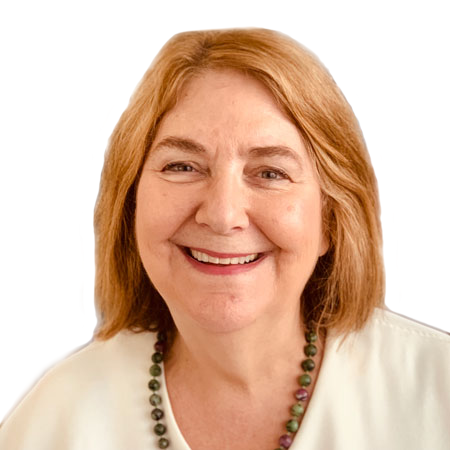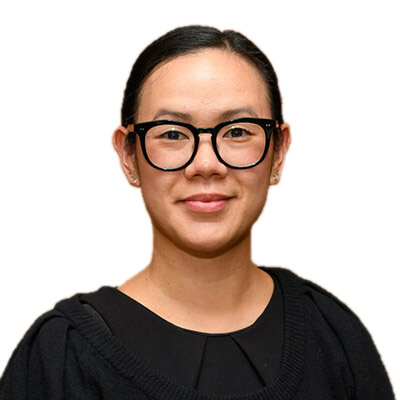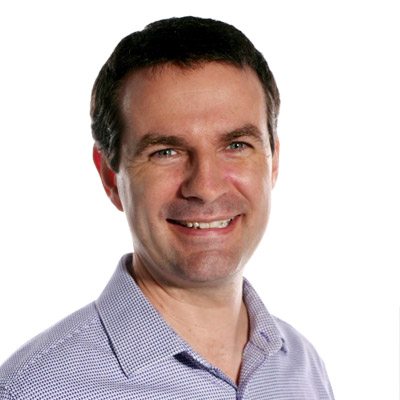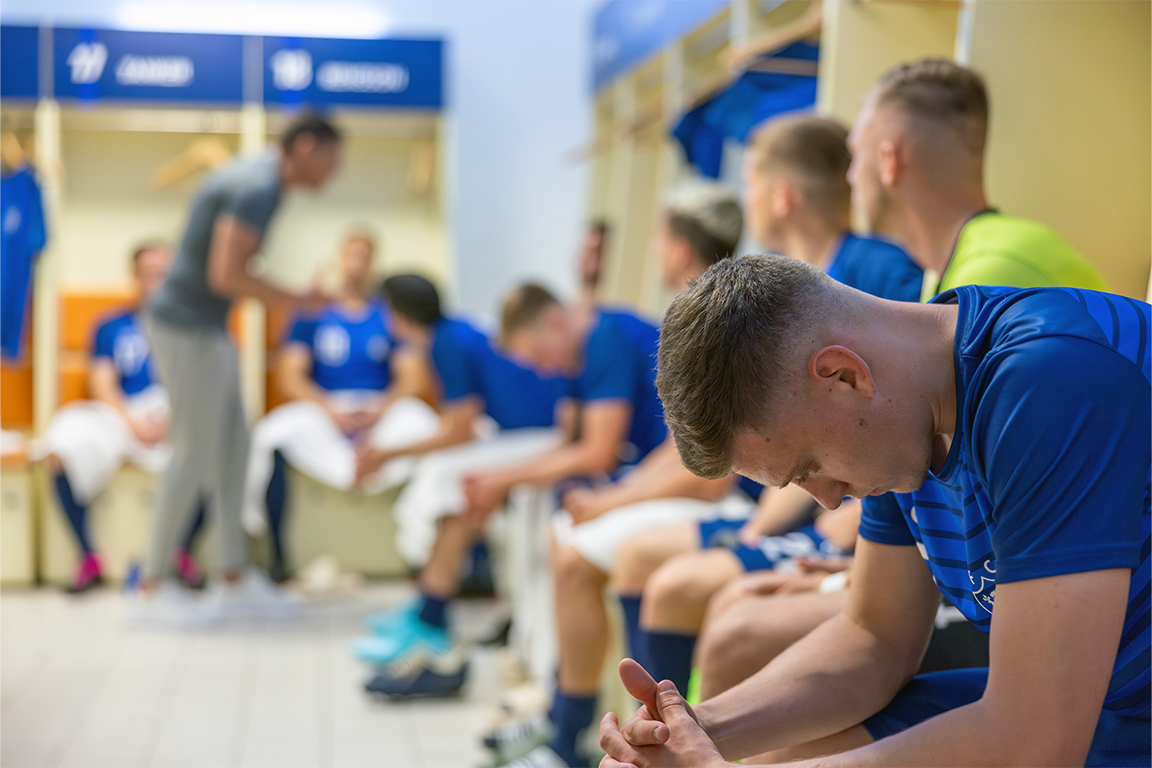About this course
This is a free, self-paced online course.
Since 2003, Anti-Slavery Australia has played a leading role in working to end modern slavery in Australia. It is the only specialist legal, research and policy centre in Australia dedicated to the abolition of modern slavery and supports hundreds of survivors of modern slavery each year.
This leading resource is designed to help you understand that slavery is not a historical artefact, or something far removed from our daily lives. Tens of millions of people around the world are experiencing modern slavery today. There are people in modern slavery in Australia.
In this free course, you will learn about all the types of modern slavery – human trafficking, slavery, servitude, forced labour, debt bondage, deceptive recruitment, the worst forms of child labour, and forced marriage, through examples and real life stories. You will also develop a better understanding of how we all intersect with modern slavery in our daily lives and what you can do about it.



















